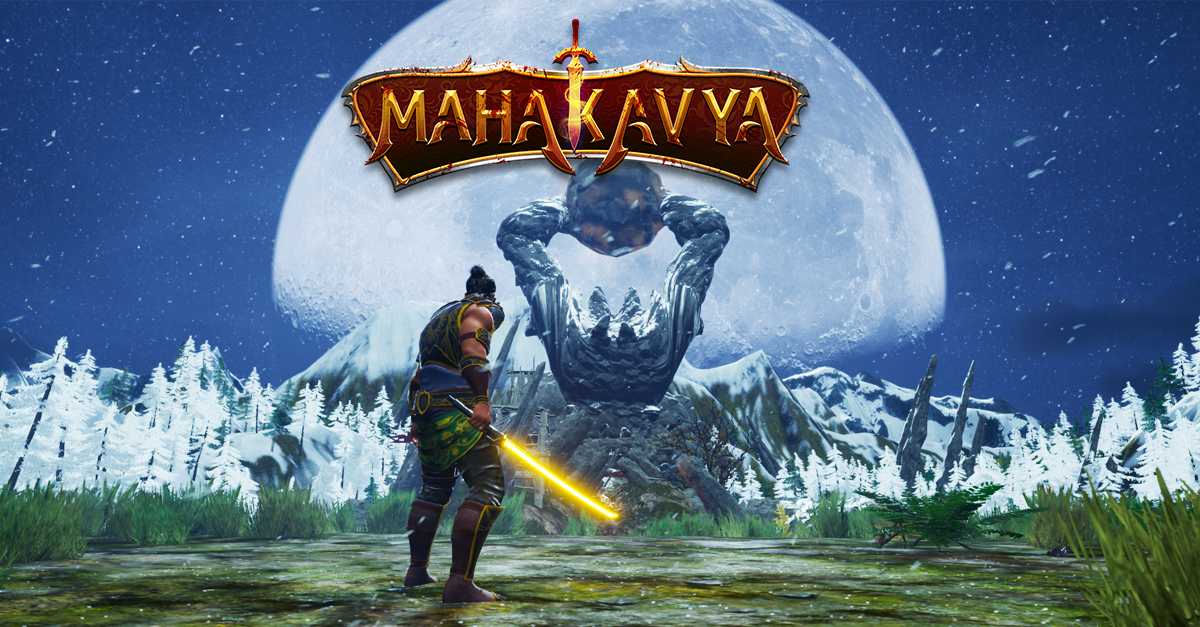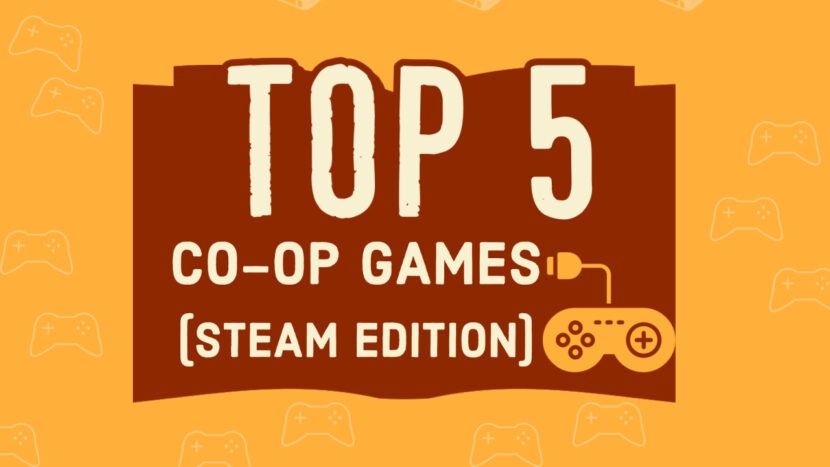
Balancing Creativity and Speed: How Aavega Is Revolutionizing Game Production with Artificial Intelligence
In today’s fast-paced gaming world, innovation isn’t a choice; it’s

In today’s fast-paced gaming world, innovation isn’t a choice; it’s

India is a country of stories. Every street corner, temple,

The gaming industry is witnessing a revolution, and it’s not

In the rapidly evolving landscape of gaming, where players demand

The gaming industry is in a perpetual state of evolution,

The roar of the crowd used to greet a game’s

The console war between Sony and Microsoft is a long-standing

The gaming landscape is undergoing a vibrational shift driven by

Rediscovering Human Connections Welcome, adventurers and scallywags, to the official

Keep your entertainment on with crazy Hyper Casual Games! In


Upgradation in gaming management leads to imposing engagement! The gaming

Foster this year with massive advancement in gaming! The rise

New Year! New ambition! New targets! New achievements! With a

Cherish this year with some crazy upcoming games! With the

Brush up your skills by playing video games! Apart from

Fuel up the level of online gaming with Cloud Computing

Stimulate the adventurous thrill and gear up for the amusing

Drive your gaming creation to the mount with stately GDD!

Take a sight at this action adventure game! The gaming

Playing games on a specific platform enlivens the enthu of

Playing online games with friends amplifies the zest of gaming

Heighten up the level of your gaming with the most

Swap up the old amusement with the very new action-filled

Get the lowdown about in-game advertising! The world is getting

The Epic Gamescom Adventure Gamescom, the ultimate pilgrimage for gamers

Gear up for the boundless amusement! The gaming industry is

Familiarize yourself with the crucial game testing stages! Kudos! What

Delve into the unbelievable powers of a phantom detective! Many

An engaging story magnetizes everyone! Listening to stories plays a

Be introduced to the unrevealed facts of creating a game!

Evolution leads to innovation, and gamers like new experiences! In

Amusement is, that seems endless for gamers! Beyond the shadow

Kick up your gaming zest with the leading edge of

As the gaming industry continues to evolve alongside technological advancements,

Hike up your enthu to experience the next-level fun! You

Kick up your skills with action-based games! With this hope

Be fond of playing games on various platforms! As a

Embrace the taste of perfection in gaming! It is pretty

Getting bored by playing unexciting games? Here are something enthralling

The game engine crucially matters for game developers! To develop

Hurray! Meet with the unique advancement in the gaming world.

Experience the power of creativity at a higher level! If

Revitalize your Mario mania here! Without any questions, it is

What triggers your gaming zest the most? Being updated about

Unfold your thrill to experience endless fun! For those who

A game of colossal fun and amusement! Few months earlier,

Look at the bigger picture with NFTs in the gaming

Elevate your gaming zest with the burgeoning tech trends! No

Continue your charm of gaming with a visionary 3D world!

Come travel the way to an enthralling art station!

Let your gaming creation make some noise! People who are

Dash off your wishlist for endless fun! The year 2022


Video games enrich the brain and heighten creativity! What do

Dig into the vastness of modern gaming! Playing online video

Explore the impactful and influential gaming hub! As the

Switch to an exciting gaming experience for more fun!

Enjoy the realistic world of gaming! In the era of

Experience hi-tech gaming with creative animations! The craze of modern

Modern video games look pretty exciting! It is no wonder

Unlock your gaming thrill to experience more innovative technologies! New

Give your gaming passion a hike with the newly launched

The Design of Things is the essential part of the

Looking through these upcoming indie games is overwhelming! There

Experience gaming like never before to boost your thrill to


QA methodologies – Wondering what it is? Quite a relaxing,

All games are developed from a cultural context. Game localization


© Aavega Interactive, 2022 | All rights reserved
| Cookie | Duration | Description |
|---|---|---|
| cookielawinfo-checkbox-analytics | 11 months | This cookie is set by GDPR Cookie Consent plugin. The cookie is used to store the user consent for the cookies in the category "Analytics". |
| cookielawinfo-checkbox-functional | 11 months | The cookie is set by GDPR cookie consent to record the user consent for the cookies in the category "Functional". |
| cookielawinfo-checkbox-necessary | 11 months | This cookie is set by GDPR Cookie Consent plugin. The cookies is used to store the user consent for the cookies in the category "Necessary". |
| cookielawinfo-checkbox-others | 11 months | This cookie is set by GDPR Cookie Consent plugin. The cookie is used to store the user consent for the cookies in the category "Other. |
| cookielawinfo-checkbox-performance | 11 months | This cookie is set by GDPR Cookie Consent plugin. The cookie is used to store the user consent for the cookies in the category "Performance". |
| viewed_cookie_policy | 11 months | The cookie is set by the GDPR Cookie Consent plugin and is used to store whether or not user has consented to the use of cookies. It does not store any personal data. |